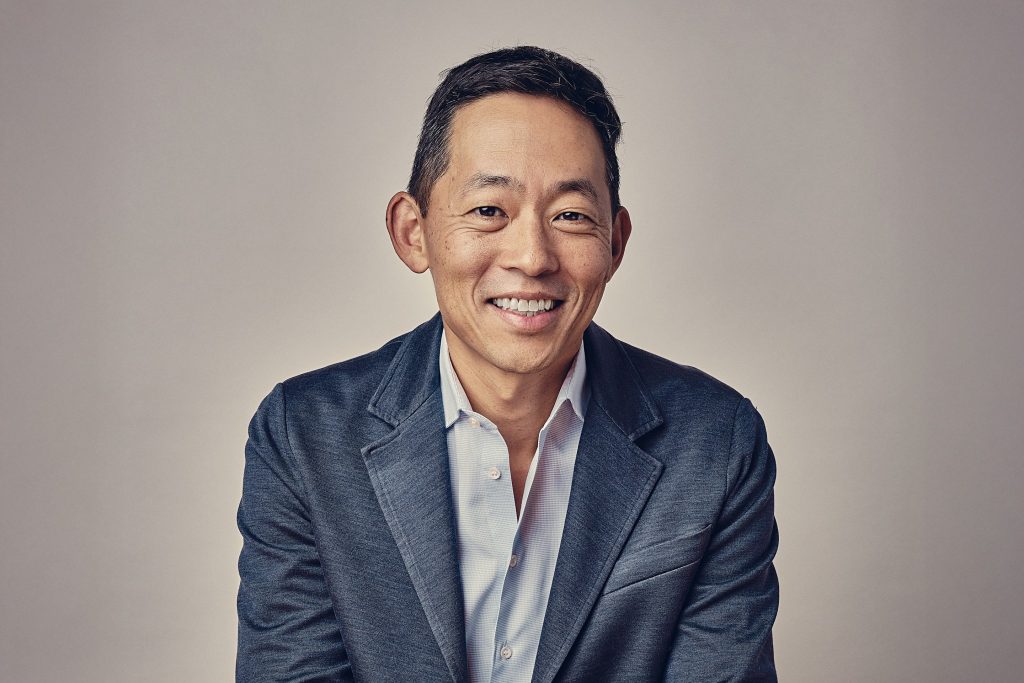Maintaining ambition and taking care of your mental health can feel at odds.
In the “self-care-a-verse,” we’re told to slow down, take breaks, and prioritize ourselves. But often, that rhetoric stops at work because ambitious employees fear they’ll fall behind, or give the impression that they’re no longer dependable or able to perform at their best.
But David Ko, the CEO of Calm, a subscription-based meditation and wellness platform, says there’s no need to harbor those fears, and that you can balance ambition with necessary breaks to recharge. Mastering the art is especially important as studies suggest over half of employees are experiencing burnout, described as prolonged feelings of overwhelm that lead to exhaustion, a lack of enthusiasm and pride in one’s work, and feelings of cynicism.
“Conversations around mental health are probably the most approachable that they’ve ever been outside of the workplace. But when you go into the workplace, it’s really hard to have conversations around your mental health,” says Ko. He spoke exclusively with Fortune ahead of the launch of his new podcast “Recharge with David Ko,” which examines how to manage ambition in the age of burnout. He, for one, is not immune. “I’m very humbled to work at this company. I’m also pretty stressed by working at this company because every second of every day, someone is using our product.”
The podcast is intended for anyone weathering an anxious storm at work, with a particular eye on business leaders and executives.
“The reality is, everybody is dealing with some form of stress. It’s how do we handle that stress? What are our levers around handling that stress, and what are the techniques that we use?” says Ko, whose guests include actors, athletes, and philanthropists, from Kevin Bacon and Sheryl Lee Ralph to Common, Chelsea Handler, and Jordan Chiles. “There’s always this perception that these individuals are at the top of their game and everything is perfect. But they, too, spoke very openly and honestly about their own mental health journeys and things that work for them.”
Here are some of Ko’s best tips for staying on the ball in the age of burnout.
Recharge
Whenever you check your phone battery, check in on yourself. It’s something Ko stresses in his book, Recharge, and in the new podcast. “The problem in the workforce today is that we are 24/7 … and we never learned how to decompress and learn how to stop working,” he says. “It’s really hard to decouple work from your personal life.”
Research suggests that taking short breaks can fuel productivity. One meta-analysis found micro-breaks as short as 10 minutes relieved fatigue and reinvigorated workers. Getting up and out for a brief moment will help restore your energy for deeper focus later and fuel your ambitious mind.
“If I feel my battery getting low, depending on the level, I will go for a walk. I will call someone. I will drink water, and I will get sleep at night,” Ko says. “Going for a walk outside recharges me. Sometimes it could be one block, or sometimes, it’s a couple of blocks, depending on if I’m lower and I need to recharge more.”
Slow down to connect at work
Sometimes workplace connections feel transactional—after all, they’re the people you have to be with, not ones you’ve chosen. However, finding meaningful workplace connections can help alleviate the pangs of burnout and keep you engaged with your goals.
Ever feel a bit lighter after having a funny walk, talk, or perhaps, rant with a fellow colleague-turned-friend on the way to get an overpriced matcha latte? Just me?
For leaders, Ko says you can also play a role in alleviating workplace stress on your team by intentionally asking how people are, not rushing the conversation, and showing that you care for who they are beyond their measurable contributions to the bottom line.
“When we ask certain questions, presence is really important,” he says. “A lot of times we ask a question because we want a very short response, and we’re not prepared for that answer.”
Accept that it’s a journey
On the podcast, Olympic gymnast Jordan Chiles shares how she manages ambition, Ko recalls. Success, she shared, “does not happen overnight.”
We’ve all heard the adage that it’s about the journey, not the destination. The ethos also has particular merit in the workplace. Actor Kevin Bacon uses the motto “baby steps” to keep his goals in perspective and protect himself from burnout. Any goal or project you’re after will take time and patience, so not expecting immediate reward can help you slow down.
While ambition can wax and wane over time, it’s still important to engage in recharging activities to set yourself up for long-term success at work and at home.
The only way to sustain yourself to the finish line? Know your closest charging station and slow down from time to time.
“You got to take care of yourself first,” Ko says.
For more on workplace wellness:
- Gen Z and millennial workers would accept lower salaries in exchange for this one thing from their employers
- Here are the top 10 best and worst states for older adults in the workplace
- Workplace well-being is at an all-time low. Here are 5 ways employers can actually help
This story was originally featured on Fortune.com







